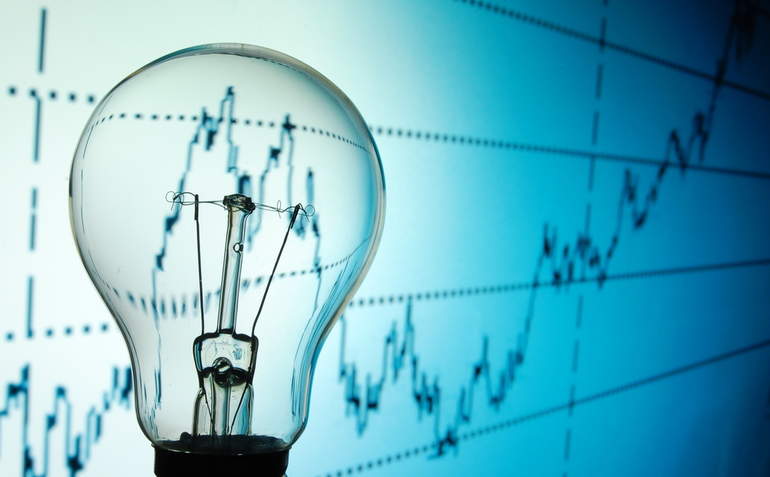
Oklahoma legislators want to tinker with the way electricity rates are regulated and as OK Energy Today has reported, one such controversial proposal is the deregulation of such rates.
It is HB 1602, by Rep. Ryan Martinez (R-Edmond) whose bill is already opposed by OG&E and one electrical power group.
NON Doc, the political news group that closely followed events at the state capitol headlined those electricity-bill this week under the heading “3 electricity bills to watch.”
Here’s how it reported the measures:
At a time when Oklahomans’ electricity rates keep rising for one reason or another, three bills being carried by leading legislators are worth watching this session.
SB 1103, by Senate President Pro Tempore Greg Treat (R-OKC), proposes sweeping changes to electric utility regulation that would authorize so-called “performance-based rates” to allow companies to increase their rates within certain parameters without seeking Corporation Commission approval. The bill also proposes a natural gas storage mandate on regulated utilities that would require them to maintain a certain reserve fuel capacity during winter months.
HB 1602, by Rep. Ryan Martinez (R-Edmond), proposes deregulation of Oklahoma’s electric utility market in a manner substantially similar to how consumers in Texas have the ability to choose between providers without territory limitations. Major electric utilities like OG&E and PSO oppose this concept, arguing that prices would increase, reliability would be impacted and electricity wholesalers would be the primary beneficiaries. However, a group called the Alliance for Electrical Restructuring in Oklahoma (AERO) claims market choice “would help reduce Oklahoma’s skyrocketing electrical bills.”
SB 502, by Sen. Chuck Hall, proposes a framework for regulations and rules regarding electric vehicle charging stations, expansion efforts for which are being spurred by the availability of significant federal funding in the coming years. Generally speaking, electric utilities and gas stations have competing priorities and positions on how EV charging stations should be regulated in the state, with sticking points involving peak-hour electricity charges and whether utilities should be able to establish their own stations to sell electricity directly to car owners.
Hall’s bill (SB 502) had its title struck (a procedural motion ensuring additional consideration of a big proposal) and advanced through a Senate committee unanimously last week. Treat’s bill (SB 1103) was the center of a major meeting among stakeholders last week, and could theoretically make an agenda this week in the Senate Energy and Telecommunications Committee, although no meeting notice has been posted yet. (That committee typically meets on Thursdays.) Lastly, Martinez’s bill (HB 1602) has been referred to the House Rules Committee, although it does not (currently) appear on that committee’s agenda for Tuesday.



